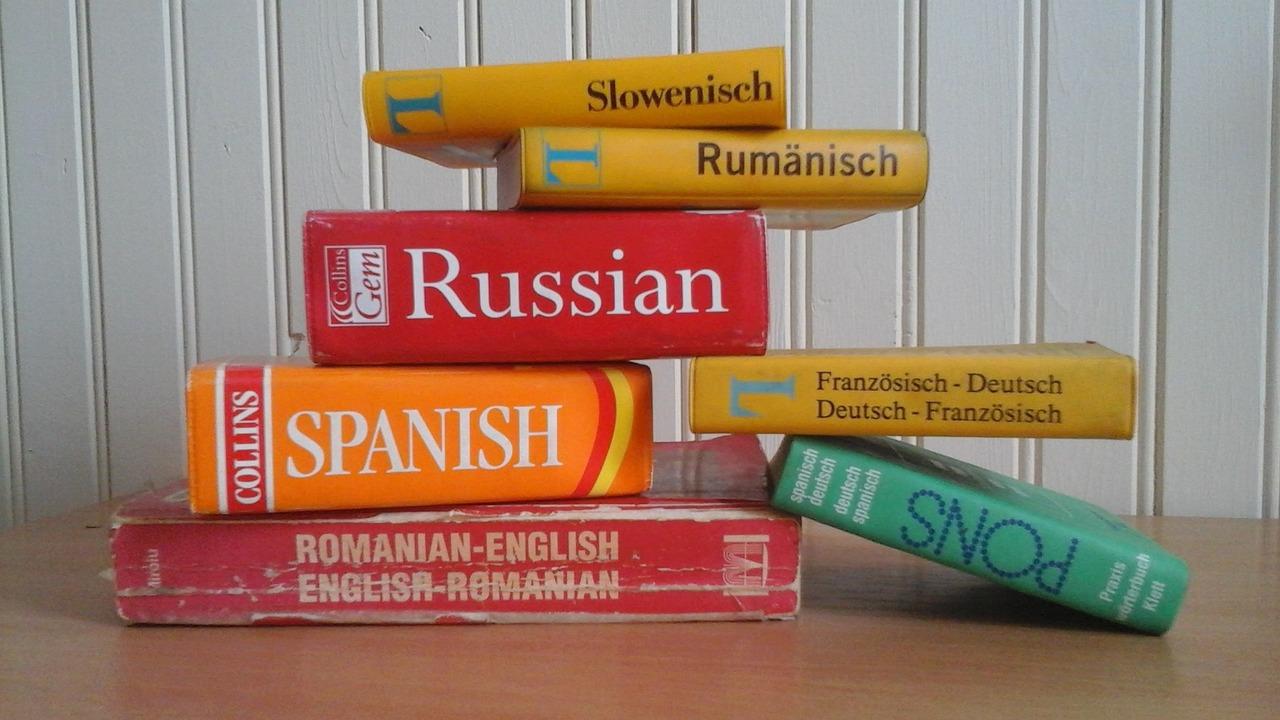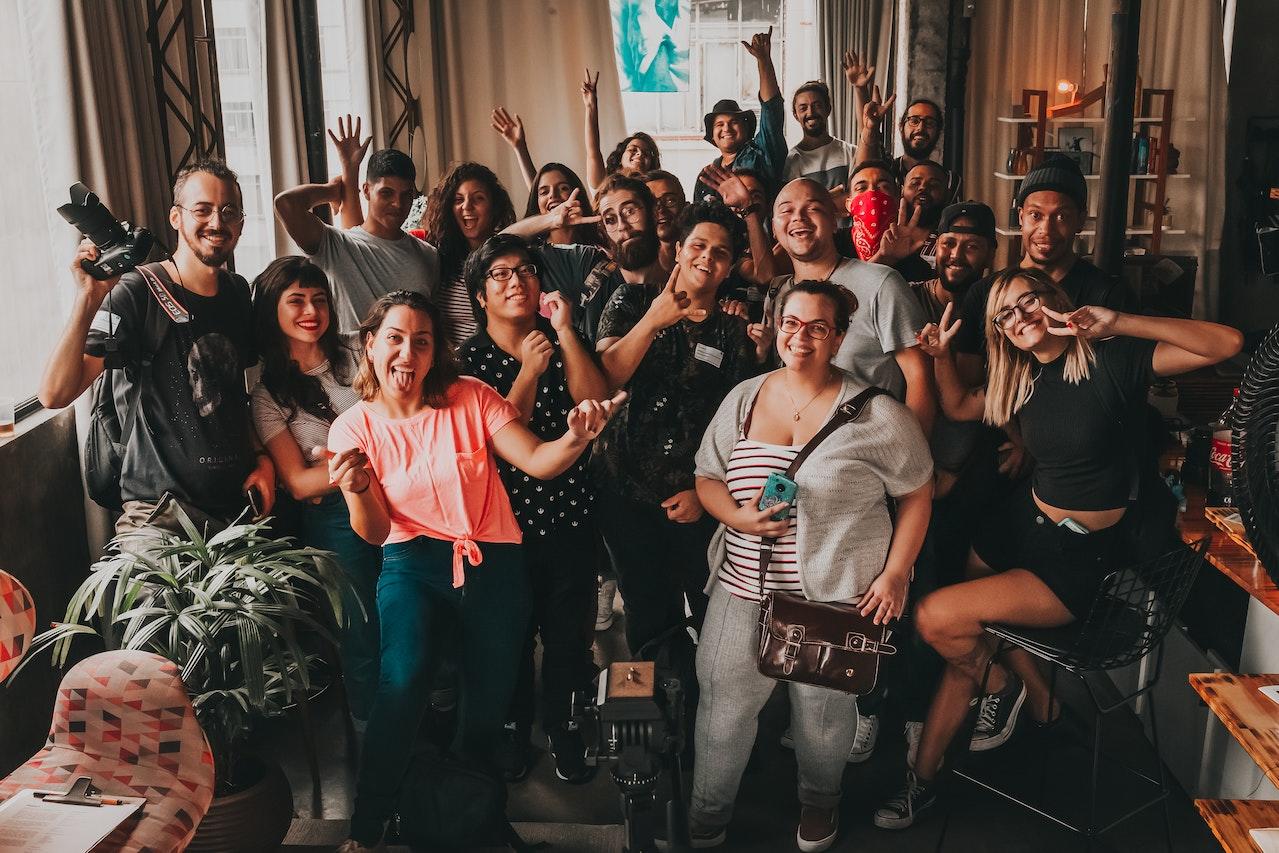When you travel abroad, you understand that many people in European countries tend to speak multiple international languages. Is learning a foreign language really that beneficial for Indians though? Research has shown that learning a second language can actually increase the size and density of certain areas of the brain, and may even delay the onset of age-related cognitive decline.
Traditional wisdom tells us that learning another language is a good idea. But what are the actual reasons that's true? What are the advantages you gain when you learn a second language?

1: Personal Fulfillment
The first, and truthfully, the best, reason to learn a new language is simply for your own satisfaction.
It takes a lot of time, passion, and commitment to learning a new language. Even if you are learning for another reason, like work or school, you can also feel a sense of accomplishment for your hard work.
A new language is a really intricate skill that takes a lot of time to get good at. When you prove to yourself that you can focus and dedicate yourself, you can accomplish real and lasting things!
It’s a boost to your self-confidence and motivation for you to be persistent in other endeavors.
2: Keep Your Brain Healthy
When you study a new language, you strengthen many different parts of the brain. Neurons are grown and make stronger connections. All different areas of the brain, including the structures responsible for memory, cognition, and problem-solving are reinforced and those skills become sharper.
"One language sets you in a corridor for life. Two languages open every door along the way." -Frank Smith
3: Reinforce the Language(s) You Already Know
By learning a new language, you not only create a new vocabulary in your head, but you also become more masterful at the language you already know.
This is because you need to understand how to translate ideas from one language to another using words that are appropriate in each language.
For example, in order to say “It’s a nice day” in French, you need to know first that the French say “It makes nice” to mean the same thing. Then you need to know all the words required, the spelling, and the pronunciation, and how it differs from what you already know.
Doing this often, with more complex ideas, makes you better at pulling more effective vocabulary in your known languages.

4: Set The Framework for Even More Language Learning
Learning a new language makes you better equipped to learn even more languages in three distinct ways.
Your Brain is Primed for Language Learning
As mentioned before, when you learn a language, you strengthen the parts of your brain associated with that skill. Therefore, your brain is better able to understand the process of learning a new language more easily next time, and you may pick up another language faster than the first one!
You Have Troubleshot Your Learning Style
By going through the learning process, you are able to see what hurdles you face. Do you have a hard time with spelling? Is pronunciation difficult for you? Do you struggle with making the connections between words and meanings?
It might be hard at first, but finding an obstacle means you just need to find a way around it.
Every person has their own learning style. You need to figure out what tools help you learn best! Flashcards, listening to YouTube videos or podcasts or music, talking with other speakers, writing the words out, reading a book… there are so many ways to practice a language!
By going through this process, you again find a way to make learning your next language quicker and easier.
Laying Groundwork for Related Languages
When you learn a language of a certain lineage, all the related languages automatically become easier. They will share many words and have similar grammar. The hardest part is usually the difference in pronunciation.
For example, if you know Spanish, you will also be able to learn French, Italian, Portuguese, and even Romanian easier! They are all considered Romance languages (of Roman lineage), so they share many of the same words and grammar.
Spanish is generally considered the easiest Romance language to learn, so if you know that, it will be a much smaller step to learn any of the others.
5: Boost Your Schoolwork
When you strengthen your brain by learning a language, you also condition it to be able to learn other subjects more effectively.
By learning a language, you may find that you are able to more easily pick up concepts in maths, science, history, and others.

6: Expand Your University Options
There are many world-renowned universities located all over the globe. Many of them are very affordable, and some will give generous grants to students who speak the language local to the university.
By knowing the language of your university of choice, you have a much better chance of being accepted and having a more fulfilling time there.
For example, Germany has some of the best learning institutions in the world, and tuition is free for all students at many of them. Not a bad deal! And even though you may be able to find courses in English, it’s always better to know the language of the locals, too.
You can communicate with your professors, fellow students, and people in the city to maximize your education abroad!
7: Increase Your Hireability
Knowing at least one other language is one of the very best ways to strengthen your CV. Employers see this as proof that you are hard-working, capable, intelligent, a self-starter, and have follow-through.
Of course, it’s always a plus when you have the potential to be a communicator with more clients and partners!
In some parts of the world, and in some industries, bilingualism is crucial. In others, it is required.
In the United States, many employers prefer or require Spanish, since there are so many Spanish speakers in the country. In a European country, it’s necessary to speak the dominant language of the region, and it doesn’t hurt to know the ones close by as well!
Global trade obviously requires the ability to communicate with global partners. If you want to be high up in a company like this, you will definitely need to know more than one language.

8: Learn About Global Cultures
Learning a language and learning about a culture go hand-in-hand. Much of a language is influenced by the culture, and vice-versa. So, when you learn a language you inherently understand more about the people who speak that language natively.
This opens you up to understanding more about the world in general, and how other people live and experience life. You become more sympathetic to people you were unaware of before, and you learn how to look at things from a new perspective.
You also get the benefit of learning about many amazing new festivals, holidays, celebrations, traditions, beliefs, and unique ways of expressing ideas!
"Language is the road map of a culture. It tells you where its people come from and where they are going." -Rita Mae Brown
9: Culture Yourself with Classic Works
Behind every language is a deep and rich history of the people who have been speaking it for hundreds or thousands of years.
If you’re in an archaeological field, understanding how ancient languages progress into modern ones (or die out) is critical for understanding the civilizations you are studying.
For less-niche professions and hobbyists, knowing historical media is still a very important knowledge set. For classical literature, world history, classic music, architecture, philosophy, and many other industries, being familiar with the origins of modern-day thinking is mandatory.
10: Expand Your Media Horizons
Of course, there is a plethora of media to learn from in the modern day, too!
English is the most prevalent language online, but it makes up less than half of all the content. When you learn a new language, you are able to access new parts of the internet that you would otherwise not be able to understand.
You need to know not only the language but cultural contexts, too.
There are also tons of contemporary books, poems, memoirs, songs, movies, TV, theories, research papers, opinion pieces, anecdotes, and whatever else you can think of in hundreds of other languages.
While you might not be able to learn all the languages in the world, you can learn at least one more and find so much more information that you literally would not have access to without the language.

11: Experience Amazing Travel
Have the best travel experience possible by knowing how to read, write, speak, and listen in the language where you are traveling to!
You will be able to find your way without asking for help, understand what is going on anywhere you are and make friends with locals. And, if you do need help, you will have a much better time when you can explain your problem more fully, and at the same time understand the solution.
Go off the beaten trail when you have the confidence to be able to communicate with anyone you come across!
"The limits of my language mean the limits of my world." -Ludwig Wittgenstein
Where to Learn New Languages
So, where can you begin to learn a new language?
There are many options to explore, but here are a few major ones.
In-Person Courses and Tutoring
Perhaps the most straightforward way of learning a language is to simply take language classes at your school (if you are in school). If the language you want to learn is not offered, see if your school recommends any after-school programs or youth groups that can teach you what you want to know!
You can also find tutors in your area, usually by searching in ads, researching online, or word of mouth.
Many institutions exist that offer language courses.
Online Courses and Tutoring
You can also find many quality courses and tutors online!
Some institutions offer online foreign language classes, especially if you live too far away to attend in-person sessions.
Some websites offer only online courses, and they may or may not have personalized help.
You can find a tutor online with a service like Superprof, which allows you to search for the right tutor according to your search criteria. Some of these tutors offer online and in-person tutoring!
Apps
For a more casual learning pace, you can try apps. There are many free language learning apps that can help you learn at least the basics of a language. For many people, it is very difficult to gain fluency with apps alone, but they can take you from knowing nothing to knowing something. From there, you can seek out tutoring or a course.
Immersion
Some programs offer immersion learning, where you travel to a destination that speaks your target language. You may have formal courses, receive guided tours around the city, or be allowed to explore on your own.
You can also search for homestays, where you stay with a family who speaks your target language, perhaps in another country. Often, you can trade your stay for work around the house or farm they live on.
These are just some of the most notable benefits of learning another language. One thing is for sure, there are no drawbacks to being able to communicate with more of the world!
Summarise with AI:






















